- the video presents what is new with the A15 GPU
- added support for lossy compression
- in addition to bandwidth, it also saves 50% memory usage (quality will be dropped to fit)
- improved sparse texture support with support for depth/stencil
- as well as support for SIMD shuffle operations
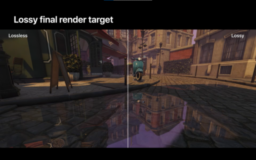
- the article presents a comparison of triangle throughput for indexed buffer rendering, mesh shader usage, MultiDrawIndirect, and custom compute shader rasterization
- comparison is made for depth-only rendering
- results are presented on Nvidia, AMD, Intel, Qualcomm, and Apple GPU
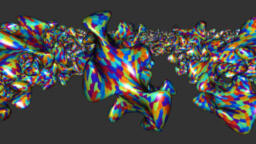
- the whitepaper explains how to use DevSim to simulate lower spec devices on higher-end devices
- the Vulkan device simulation layer will adjust the return values of capabilities queries
- the paper shows how to use the tool, how it fits into the architecture, and what settings can be adjusted
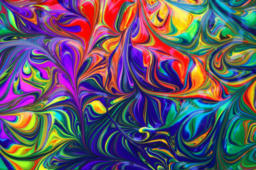
- the frame breakdown covers the flight simulator scenes
- presents how the gbuffer by a texture array with MSAA enabled
- how reflections, environment maps, and shadows are drawn
- covers how transparent elements in the cockpit are drawn
- additionally contains a brief look at post-processing and volumetric clouds
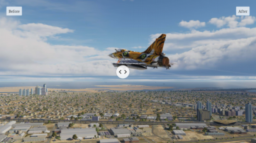
- the article discusses lessons learned by ARM’s approach for developing raytracing support for Mali GPUs
- implemented as software implementation that can be loaded as Vulkan layer
- presents best practices for mobile performance and battery usage
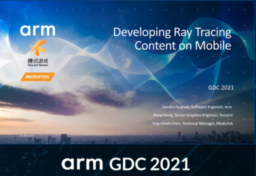
- the video shows the smoothstep node in UE5 and Unity3D
- covering the math, and examples of how it is used
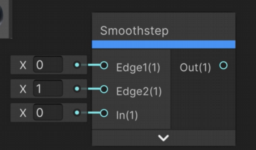
- video in-depth interview with VP of developer ecosystems at Nvidia
- discussing Khronos technologies such as Vulkan, upcoming standards
- as well as how gaming graphics might be developing with new techniques and hardware capabilities

- the in-depth article shows how to implement a custom physically based lens flare effect as post-process
- presents what lens flares are, how they are used in games and movies
- finally shows how to implement them into the UE4 pipeline and replace the build-in effect
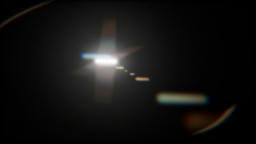
- the paper presents how to extend spatiotemporal reservoir resampling to multi-dimensional path space such as volumetric media
- combines cheap approximations for transmittance with unbiased methods for per-pixel evaluations
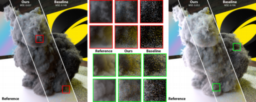
- the author suggests a method D3D12 state transition system for multithreaded command recording
- based around per-resource tokens that use CPU side fences to synchronize access to previous state transitions

Thanks to Max R.R. Collada for support of this series.
Would you like to see your name here too? Become a Patreon of this series.